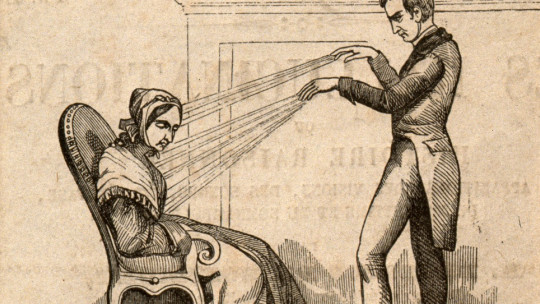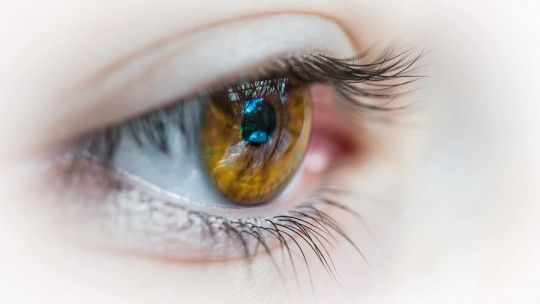Now that they are on the lips of all the television programs that perform “hypnosis” live, it is time for psychologists to raise our voices. Throughout this article I will try to debunk the myths and erroneous beliefs that these types of programs create. Furthermore, we will see in which clinical settings its use is beneficial.
The hypnosis that psychologists perform in consultation is called clinical hypnosis. Using it as an emotional disinhibitor, it is defined as the use of suggestion to cause changes in the patient’s cognitive, physiological, emotional and behavioral processes. Clinical hypnosis is a facilitator of therapeutic change; It will always, always, be accompanied by other treatment techniques, it will be included in a therapeutic package tailored to the patient and their problem in question.
Myths and erroneous beliefs
Let’s review some false beliefs about clinical hypnosis.
1. “With hypnosis I will lose consciousness”
You will never lose consciousness. The hypnotized patient actively participates in the process. Having to concentrate on the suggestions that the therapist is telling you, imagining and getting emotionally involved in them. If at any time the patient loses consciousness, it is simply because he has fallen asleep.
2. “If you hypnotize me I will tell you everything, I will not be able to lie to you”
Fake. As in any other psychological technique, the patient can lie, it does not help to get the truth. Cognitive flexibility is promoted with hypnosis to the extent that the patient lets himself go, things will happen, if he does not let himself go, nothing notable will happen. The important point so that the patient does not lie to us and tells us the truth, as in any treatment, will be the trust and therapeutic relationship that we have established with the patient.
3. “Hypnotists have special powers”
Absolutely no, expert hypnosis therapists were not born with a special power under the full moon. A good hypnotist, like a good therapist, applies the right techniques at the right time, adapting everything to the patient’s reality. As in any relaxation technique, the important thing here will be the management of your voice.
4. “When you hypnotize me I will do everything you ask me, whether I want to or not, I will lose control of what I do.”
Of course this is false, As we have mentioned before, hypnosis is about letting yourself go, if you don’t let yourself go there is no hypnosis. The patient will allow himself to be influenced by the hypnotic suggestions to the limit that they themselves consider appropriate. Just like starting the process, if the patient wants they can finish it.
Areas of application of clinical hypnosis
In what cases and areas is it possible to apply this therapeutic tool?
1. Pain management
The use of hypnosis in both acute and chronic pain It is undoubtedly the clinical field par excellence of hypnosis.
Hypnotic analgesia techniques encourage the patient not to pay as much attention, as they usually do, to the area that hurts. It also helps to implant the idea that the intensity of this pain can be managed and modulated by themselves. It also favors the reinterpretation of painful sensations, making them more tolerable and less disabling. Therefore, hypnosis promotes the idea that the patient can exercise some control and regulation over their pain.
2. Anxiety management
In addition to all the existing types of relaxation for anxiety management, The effectiveness of clinical hypnosis in anxiety disorders such as specific phobias is notable. (for example, fear of dogs or fear of flying), panic disorder, agoraphobia and social phobia. The relationship between the degree of suggestibility (the more suggestible you are, the better hypnosis will be for you) and anxiety is bidirectional, so the use of this technique will be very beneficial.
3. Psychophysiological disorders
These disorders include those physical alterations that, either in their resolution and/or maintenance, are influenced by psychological factors. We are talking about cardiovascular, gastrointestinal, respiratory, and dermatological disorders. … etc. Hypnosis as a complementary technique can help reduce symptoms through suggestion and reduce the patient’s overall stress level through relaxation. In addition, they promote strategies for coping with this stress.
4. Trauma
With clinical hypnosis, access to the sequence of traumatic memories is facilitated, promoting exposure and coping with these memories in a progressive manner.
These are some of the uses and applications that clinical hypnosis has in the field of Psychology. Please, let’s not fall for cheap tricks like those shown on television shows. Hypnosis will always be performed by an expert psychologist or doctor within a therapeutic package.









